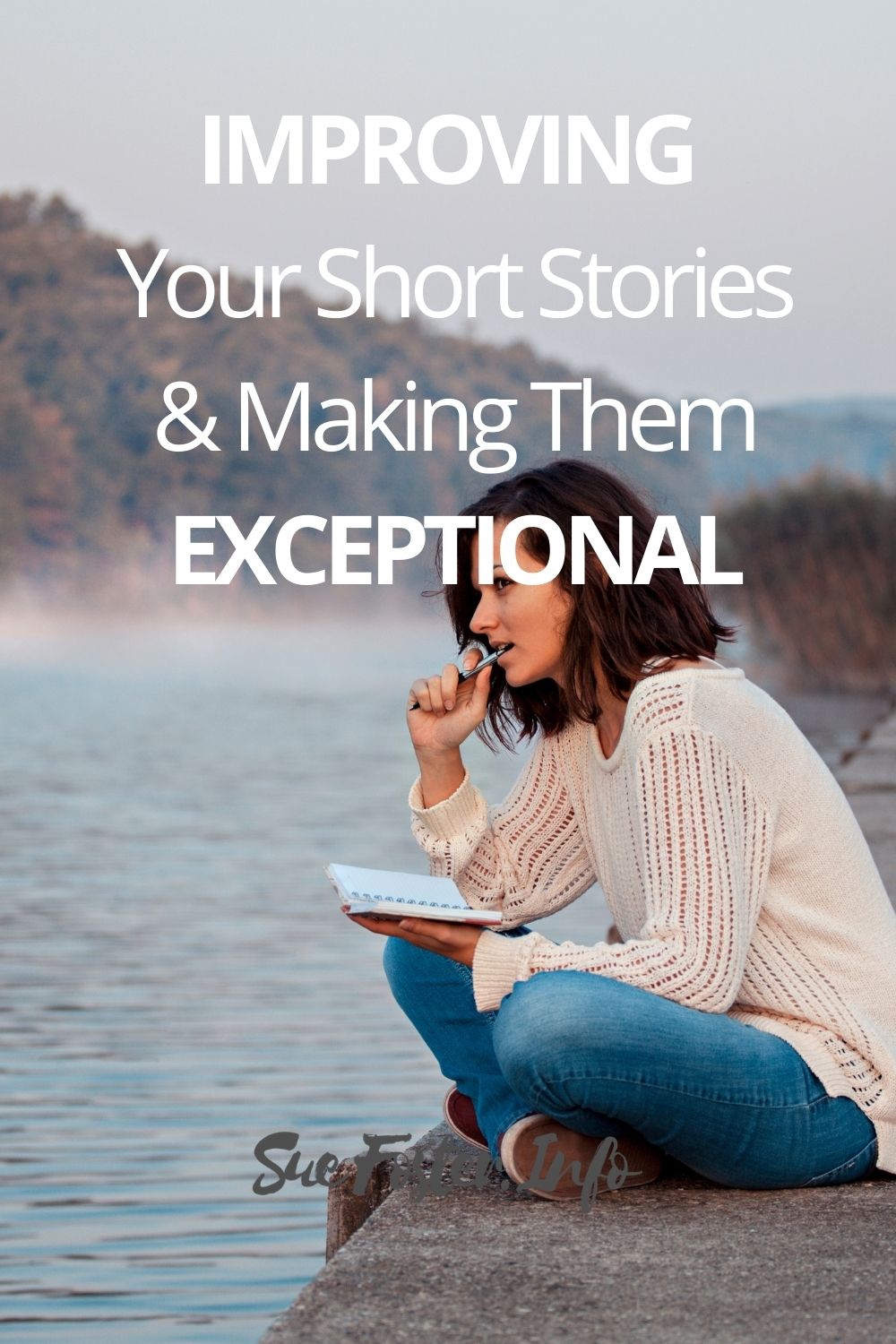We all love short stories, and all writers, both new and experienced, can get a kick out of *writing a short story that gets straight to the point and lands with a satisfying ending. The problem is, though, not all writers are as adept in short story writing as they like to believe, and especially for those much used to longer formats, the limit in words can feel very restrictive.
So, to help address this ongoing issue, we think it’s high time we writers put some elbow grease into our short story writing skills and go back to the fundamentals of what makes a short story good. In fact, you might even find some methods and practices here to be very beneficial to all your future writing endeavours.
Understanding The Length Of A Short Story
As the name suggests, a short story is short, but its length shouldn’t be seen as a weak point, but rather a challenge to achieve the same level of depth and creativity in a much shorter format. Just because there are fewer words, generally around the 4,000 to 5,000 mark, doesn’t mean it can’t compete with novels upwards of 40,000 words and beyond.
The solution here is to avoid the slow-burner method of writing because short stories aren’t the writing format that fits the task of assigning specific chapters to world-building and backstory development. You’ll want to be straight to the point and decisive, but not at the expense of a compelling narrative.

Don’t Slack On Dialogue
People often shy away from dialogue when writing short stories, but most people fail to notice that the lack of dialogue severely hinders any story’s potential. Sure, good fiction that relies purely on narration does exist, but 99 times out of 100, you’ll find some moments in a story better told through the characters conversing.
Dialogue serves two purposes; to deepen our understanding of each character and advance the story’s plot. You’ll want to achieve this goal by keeping your words clear while avoiding investing too much of your word budget to dialogue only. It may be difficult at first, but dialogue will undoubtedly bring more life and a better sense of reality into your short stories.
Balance The Use Of Viewpoints/Perspective
In most novels, we can see many famous authors utilize the perspectives of different characters, causing unique viewpoints to clash and leaving the reader with a sense of thrill. However, when writing short stories, you don’t have the luxury to explore each perspective of a protagonist, antagonist, and their confidants.
You’re much better off sticking to one point of view, while other characters’ perspectives should be explored indirectly. Varying viewpoints can disrupt a good narrative and can potentially ruin a fascinating story.
Steady Pacing Is Key
One of the biggest problems most writers encounter with short story writing is pacing, which often comes off too fast or trickles too long. This concept is still related to the length of a short story, and because writers focus too much on the idea of length, their writing prompts end up moving too fast.
Pacing is crucial, and all stories must move forward unless you’re writing a flat plot. So, avoid taking pages to describe one character or setting a scene for a single event. You’ll want to jump right on to the subject and keep going steadily.
Writing Effective Endings
Lastly, much like any other form of literature, writing effective and satisfying endings make or break a short story as well. The best ones resolve all the conflicts in the narrative and show how the characters’ situations have changed as the story progressed. And the endings that stand out the most are those capable of surprising their readers and making them feel like they’ve just finished a long novel.
Sure, it’s hard to make any ready feel invested in a character with fewer than 5,000 words. Still, your ending is more than capable of providing insight and eliciting plenty of emotions.
Everyday Is A Chance To Learn
Overall, there’s only so much we can tell you because most of the progress made in writing is by actually writing stories in the first place. So, take these simple tips with you on your next writing endeavour. We also suggest looking at *writing courses, online classes and private institutions specializing in creative writing if you plan to take your writing skills to the next level.
This is a collaborative post.


